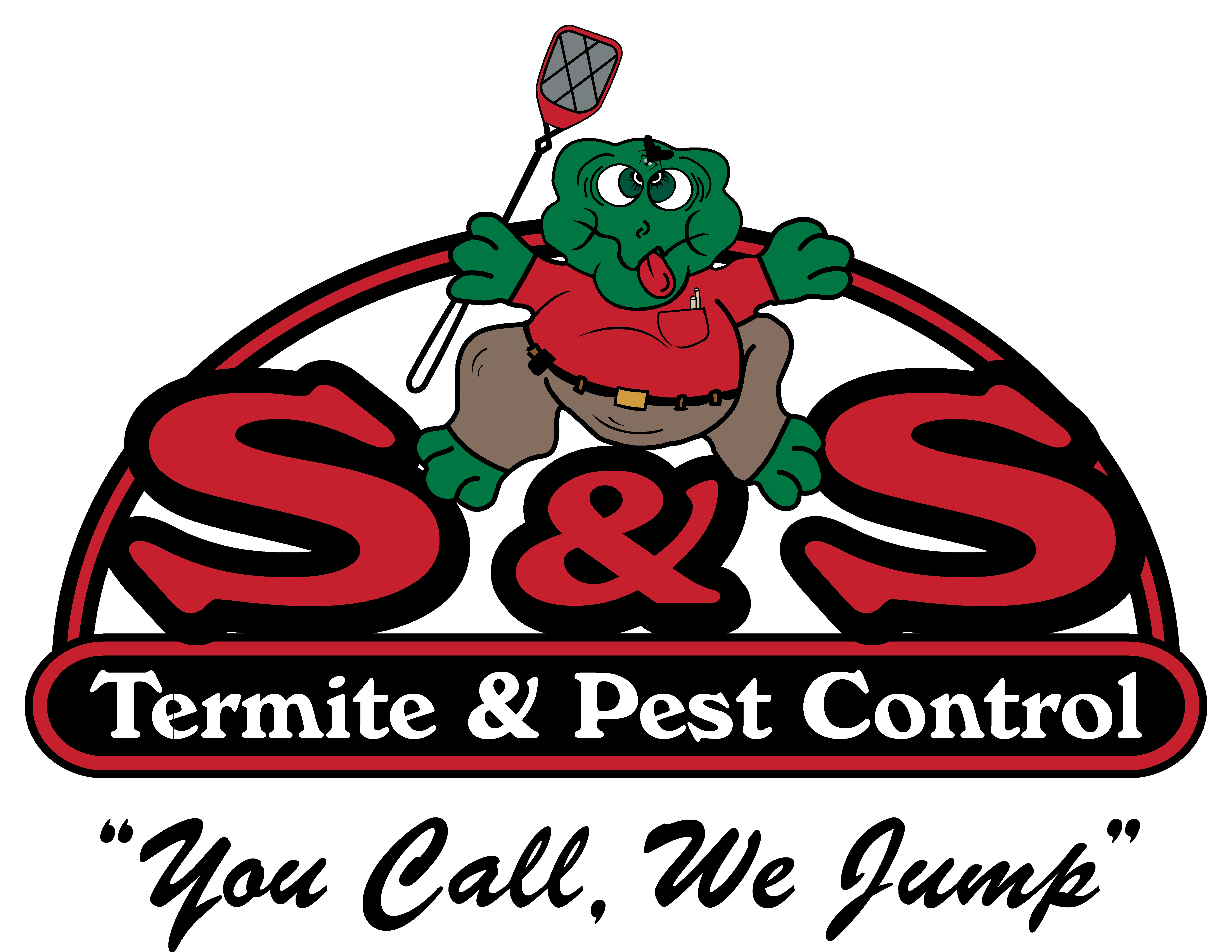Most homeowners insurance policies don’t cover damage caused by a termite infestation. This is because these policies typically only cover “catastrophic events,” or events that are beyond the reasonable control of a homeowner.
Some of these events include fire, theft, volcano eruptions, and earthquakes. Termites are not included in this because an termite infestation can usually be avoided.
If you want to avoid serious termite damage to your home, you should consider purchasing a termite bond.
What Is a Termite Bond?
Like a war bond sold in generations past or the savings bonds that your grandmother used to give you, a termite bond is a promise of pest future service.
Simply put, a termite bond is a contract between a homeowner and a pest control service provider. The agreement has a few stipulations that are usually included in the bond:
- Length of Time
- How long will pest control service provide preventative and reactive termite control services to the homeowner?
- Payment Amount and Schedule
- How much will the homeowner pay and when will he or she pay it?
- Services Provided
- What exactly will the pest control company do to prevent and combat termite infestations?
- At S&S Pest we first seek to prevent termites from ever coming to your home by using the proven Termidor spray. In instances where standard liquid applications are not feasible, we employ termite baiting technology.
How Do Termite Bonds Work?
Homeowners usually pay an annual fee and receive a range of services preventing termite infestation.
In the case that even after receiving termite treatment termites infest your home, many bonds stipulate that the pest control service will replace the damaged parts of the home at no cost.
As with any contract, though, you must be sure to read the terms and conditions that you are agreeing to.


